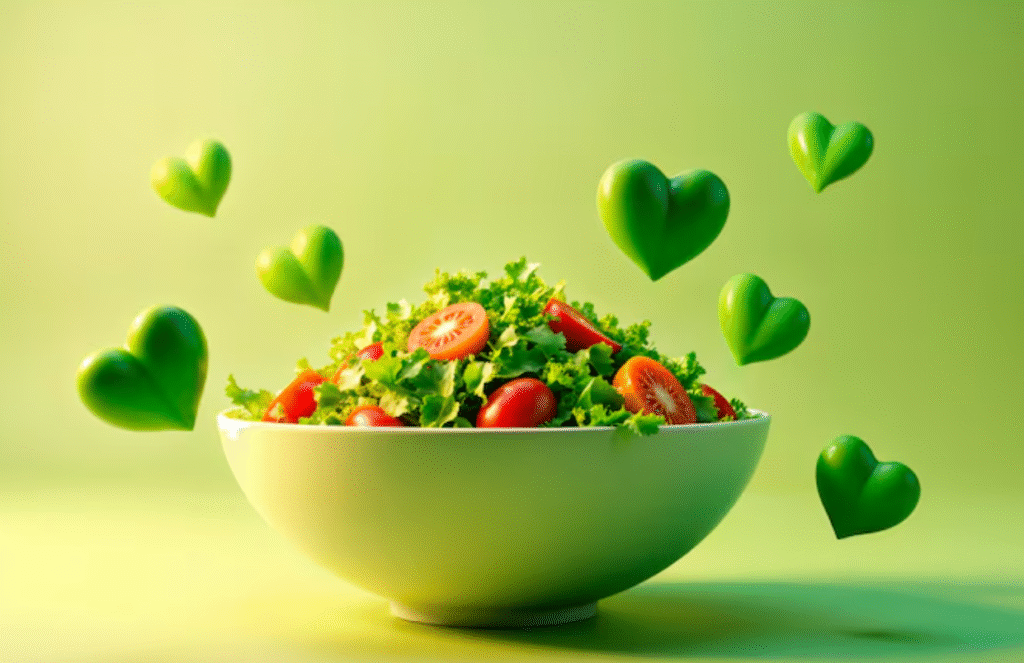Whole grains have been a staple in human diets for centuries, and for good reason. These nutrient-dense foods are packed with essential vitamins, minerals, and fiber that are crucial for maintaining a healthy body and mind. In recent years, there has been a growing trend towards incorporating more whole grains into meals, and for good reason. Not only are they beneficial for overall health, but they can also provide a much-needed energy boost and keep you feeling full for longer. In this article, we will explore the benefits of whole-grain dinners and how they can help you stay energized and satisfied.
First and foremost, let’s define what exactly whole grains are. Whole grains are grains that contain all three parts of the grain kernel – the bran, germ, and endosperm. This means that they are not refined or processed, unlike their refined grain counterparts. Examples of whole grains include brown rice, quinoa, oats, and whole-wheat pasta. These grains are rich in complex carbohydrates, which are the body’s main source of energy. Unlike simple carbohydrates found in processed foods, complex carbohydrates are digested slowly, providing a steady release of energy throughout the day.
One of the main benefits of incorporating whole-grain dinners into your diet is the sustained energy they provide. As mentioned earlier, complex carbohydrates are digested slowly, which means they provide a steady stream of energy rather than a quick spike followed by a crash. This is especially beneficial for those with busy schedules or physically demanding jobs, as it can help them stay energized and focused throughout the day. Additionally, whole grains contain B vitamins, which are essential for converting food into energy. So not only do they provide energy, but they also help the body utilize it effectively.
Another advantage of whole-grain dinners is their ability to keep you feeling full for longer periods. This is due to their high fiber content. Fiber is a type of carbohydrate that the body cannot digest, so it passes through the digestive system relatively intact. This helps to slow down the digestion process, keeping you feeling full and satisfied for longer. In fact, studies have shown that a high-fiber diet can lead to a decrease in appetite and overall calorie intake. This can be beneficial for those looking to manage their weight or make healthier food choices.
In addition to providing energy and satiety, whole-grain dinners also offer a wide range of essential nutrients. Whole grains are rich in vitamins and minerals such as iron, magnesium, and zinc, which are crucial for maintaining a healthy immune system and preventing deficiencies. They also contain antioxidants, which help to protect the body from harmful free radicals. Furthermore, whole grains are a good source of protein, making them an excellent option for vegetarians and vegans looking to increase their protein intake.
Now that we have established the benefits of whole-grain dinners, let’s explore some delicious and nutrient-dense meal ideas. One option is a quinoa and black bean bowl, which combines protein-rich quinoa with fiber-rich black beans, topped with fresh vegetables and a homemade dressing. Another option is a whole-wheat pasta dish with a variety of vegetables and a lean protein such as grilled chicken or tofu. For a heartier meal, try a brown rice and vegetable stir-fry with a side of roasted chickpeas for added protein.
In conclusion, whole-grain dinners are a fantastic addition to any diet. They provide sustained energy, keep you feeling full, and offer a wide range of essential nutrients. By incorporating more whole grains into your meals, you can boost your energy levels and maintain a healthy and balanced diet. So next time you’re planning your dinner menu, consider adding some whole grains for a delicious and nutritious meal. Your body will thank you.







